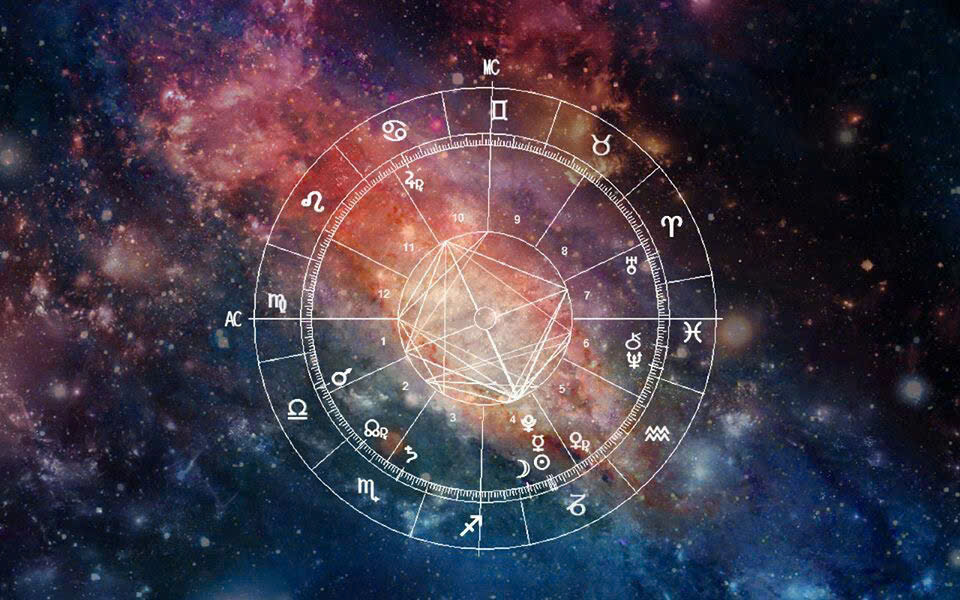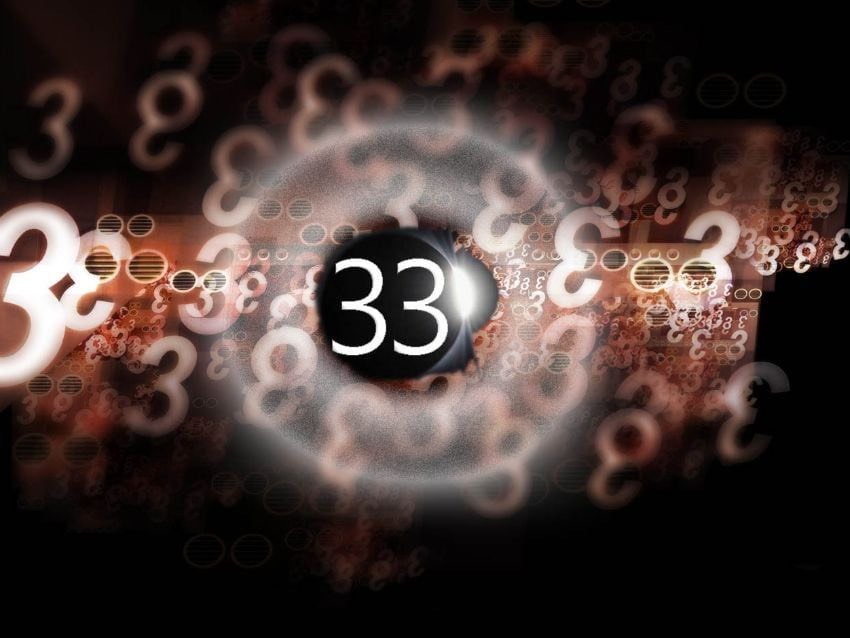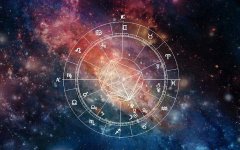henniedo03
Member
Views of numerology
Views of numerology by period
Numerology is a belief system based on the analysis of numbers in life to better understand oneself and the future. Views of Numerology can be divided into the following periods:

Numerology originated in ancient civilizations such as Babylon and Egypt. Numbers were considered to have divine power and could influence human destiny. Astrologers used numbers to predict the future and explore human nature.
In the Greek period, the philosopher Pythagoras developed the theory of numerology, arguing that everything in the universe could be explained by numbers. Numbers were not simply values but also had deep meanings, affecting the human soul and character.
In the Middle Ages, Numerology was strongly influenced by religions and philosophies, especially Christianity. Numbers were considered symbols of perfection and sacredness. The study of numerology is often associated with religious concepts.
In modern times, numerology was revived and developed strongly during the Renaissance. Many researchers began to combine numerology with psychology, creating new understandings of the self and the relationships between people.
In the 20th and 21st centuries, modern numerology includes many different methods and schools, from traditional to modern. Numbers are not only a tool for prediction but also a way to explore oneself, helping people better understand their personality, life goals and relationships.
Numerology has developed over time with different perspectives, from considering numbers as divine powers to tools for self-discovery. Today, it continues to attract interest and research from many different fields.
In what context does modern numerology emerge strongly?
The development of psychology in the early 20th century, especially Carl Jung's theories on personality and the subconscious, opened the way for the integration of numerology with psychological concepts. Many people sought to gain a deeper understanding of themselves and their social relationships, leading to the adoption of numerology as a tool of self-discovery.
In the 1960s and 1970s, the explosion of spiritual and New Age movements fueled interest in mystical systems, including numerology. People began to search for meaning and purpose in life, leading to the adoption of numerology as a method of better understanding their personal destiny.
The popularity of the internet and social media has made numerology accessible to more people through websites, blogs, and social networks. Online forums and groups have emerged to share knowledge and experiences about numerology, creating a global community.
In today's increasingly modern and busy society, many people are looking for ways to personalize their life experiences. Numerology is seen as a tool to guide their lives, helping people better understand themselves and make decisions based on that understanding.
Modern Numerology is often combined with fields such as astrology, Tarot and other mystical systems, creating a diverse and rich approach. Modern Numerology thrives in a changing social context, with an increased interest in self-discovery, spirituality and information technology, creating a solid foundation for the application and development of numerological concepts in everyday life.

What other fields are often combined with modern Numerology?
Modern Numerology is often combined with many different fields, creating a diverse and rich approach. Here are some popular areas:
1. Astrology
- Relationships: Astrology studies the influence of planets and their positions in the solar system on humans. Combined with numerology, one can gain a deeper understanding of personality and destiny.
2. Tarot
- Symbols and meanings: Tarot cards also contain many symbolic meanings, and when combined with numerology, one can find a deeper message about life and choices.
3. Psychology
- Self-discovery: Numerology is used as a tool in psychology to help people gain a better understanding of personality, motivations, and relationships.
4. Physiognomy
- Physical characteristics: Physiognomy studies physical characteristics and how they reflect personality. Combined with numerology, it can provide a comprehensive view of a person.
5. Feng Shui
- Space Energy: Feng Shui studies how living spaces influence human life. Numerology can help identify personal elements of Feng Shui, in order to optimize the energy of living spaces.
Combining numerology with other fields not only helps to expand knowledge but also creates useful tools for self-discovery, improving relationships and personal development.
Numerology is a belief system based on the analysis of numbers in life to better understand oneself and the future. Views of Numerology can be divided into the following periods:
Numerology originated in ancient civilizations such as Babylon and Egypt. Numbers were considered to have divine power and could influence human destiny. Astrologers used numbers to predict the future and explore human nature.
In the Greek period, the philosopher Pythagoras developed the theory of numerology, arguing that everything in the universe could be explained by numbers. Numbers were not simply values but also had deep meanings, affecting the human soul and character.
In the Middle Ages, Numerology was strongly influenced by religions and philosophies, especially Christianity. Numbers were considered symbols of perfection and sacredness. The study of numerology is often associated with religious concepts.
In modern times, numerology was revived and developed strongly during the Renaissance. Many researchers began to combine numerology with psychology, creating new understandings of the self and the relationships between people.
In the 20th and 21st centuries, modern numerology includes many different methods and schools, from traditional to modern. Numbers are not only a tool for prediction but also a way to explore oneself, helping people better understand their personality, life goals and relationships.
Numerology has developed over time with different perspectives, from considering numbers as divine powers to tools for self-discovery. Today, it continues to attract interest and research from many different fields.
In what context does modern numerology emerge strongly?
The development of psychology in the early 20th century, especially Carl Jung's theories on personality and the subconscious, opened the way for the integration of numerology with psychological concepts. Many people sought to gain a deeper understanding of themselves and their social relationships, leading to the adoption of numerology as a tool of self-discovery.
In the 1960s and 1970s, the explosion of spiritual and New Age movements fueled interest in mystical systems, including numerology. People began to search for meaning and purpose in life, leading to the adoption of numerology as a method of better understanding their personal destiny.
The popularity of the internet and social media has made numerology accessible to more people through websites, blogs, and social networks. Online forums and groups have emerged to share knowledge and experiences about numerology, creating a global community.
In today's increasingly modern and busy society, many people are looking for ways to personalize their life experiences. Numerology is seen as a tool to guide their lives, helping people better understand themselves and make decisions based on that understanding.
Modern Numerology is often combined with fields such as astrology, Tarot and other mystical systems, creating a diverse and rich approach. Modern Numerology thrives in a changing social context, with an increased interest in self-discovery, spirituality and information technology, creating a solid foundation for the application and development of numerological concepts in everyday life.
What other fields are often combined with modern Numerology?
Modern Numerology is often combined with many different fields, creating a diverse and rich approach. Here are some popular areas:
1. Astrology
- Relationships: Astrology studies the influence of planets and their positions in the solar system on humans. Combined with numerology, one can gain a deeper understanding of personality and destiny.
2. Tarot
- Symbols and meanings: Tarot cards also contain many symbolic meanings, and when combined with numerology, one can find a deeper message about life and choices.
3. Psychology
- Self-discovery: Numerology is used as a tool in psychology to help people gain a better understanding of personality, motivations, and relationships.
4. Physiognomy
- Physical characteristics: Physiognomy studies physical characteristics and how they reflect personality. Combined with numerology, it can provide a comprehensive view of a person.
5. Feng Shui
- Space Energy: Feng Shui studies how living spaces influence human life. Numerology can help identify personal elements of Feng Shui, in order to optimize the energy of living spaces.
Combining numerology with other fields not only helps to expand knowledge but also creates useful tools for self-discovery, improving relationships and personal development.

